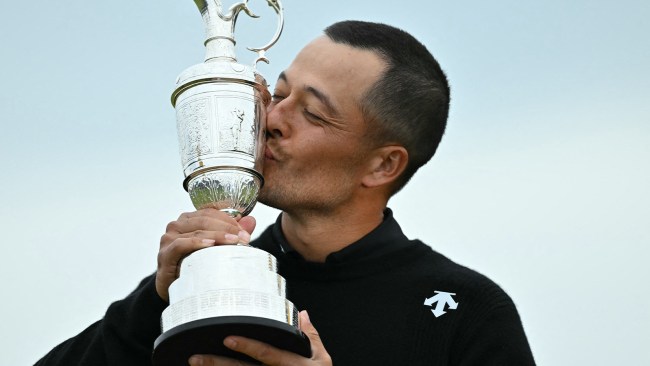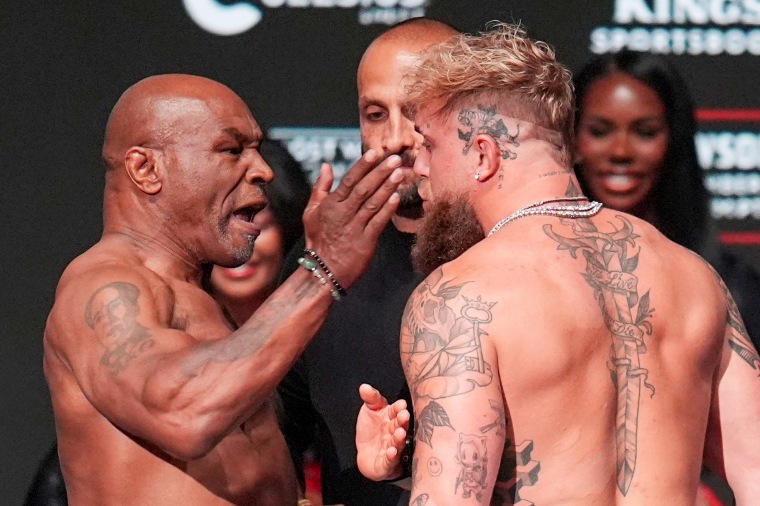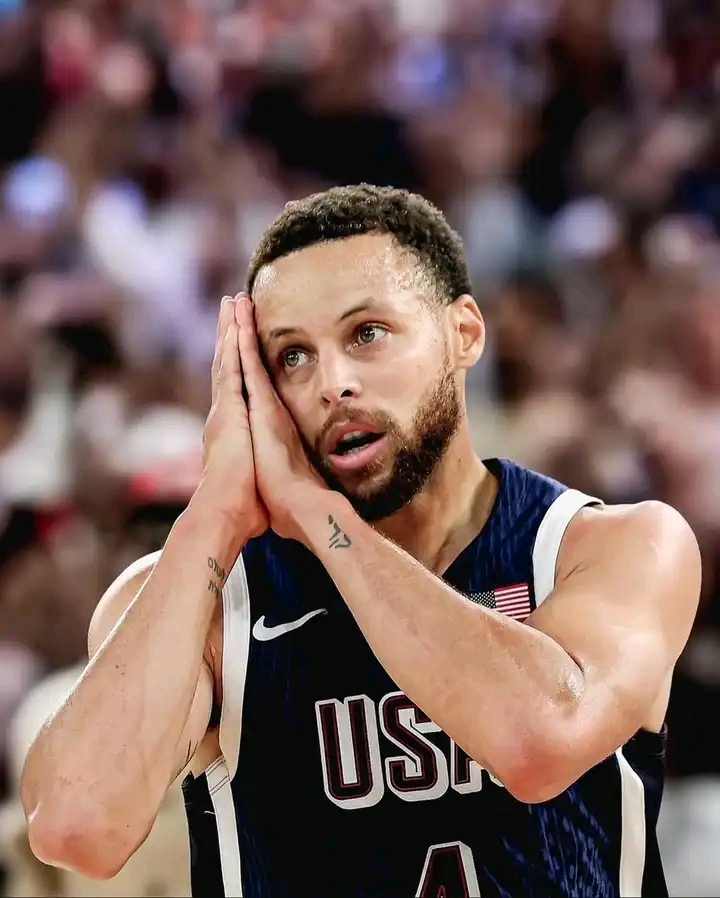Xander Schauffele Discusses Painful Aftermath Of Three-Day Bender After British Open
Xander Schauffele, who emerged as the champion at The British Open last month, not only had a reason to celebrate but also faced the inevitable repercussions of indulging in heavy drinking for three consecutive days, especially as someone in his 30s.
The British Open, held at the historic Royal Troon, saw Scottie Scheffler as the clear favorite heading into the tournament. However, Schauffele managed to create a significant storyline by securing the Claret Jug with a narrow two-stroke victory. This win was particularly notable as it followed closely after Schauffele’s first major victory at the PGA Championship just two months earlier. While Scheffler has accumulated a greater number of wins this season, Schauffele has remained highly competitive. His impressive performance includes a dozen Top 10 finishes, with two of those being runner-up placements, from the 18 events he has participated in thus far.
The Claret Jug, one of the most iconic trophies in golf, is uniquely designed to be drinkable, adding a celebratory touch to victories. Schauffele took full advantage of this feature, using the trophy to enjoy red wine with his father before switching to tequila. However, it seems that the celebrations extended beyond just these drinks.
Schauffele had ample time to recuperate from the post-victory festivities before heading to France to represent the United States at the Olympics. As he prepared for his first round at Le Golf National, which was scheduled to begin on Thursday, Schauffele addressed the aftermath of his three-day drinking spree during a media session. He shared insights into the physical impact of his celebrations, reflecting on the challenges of recovering from such a prolonged bout of alcohol consumption.
“I don’t really drink much alcohol,” Schauffele admitted. “So three days in a row drinking was quite a feat for myself, and the recovery…that was also slow.”
To monitor his recovery, Schauffele relies on wearable technology, such as an Oura ring or WHOOP strap. These devices help track various health metrics, including sleep quality. Schauffele noted that it took him some time to restore his sleep scores to their usual levels after the intense celebration period. “Tracking my sleep every day,” he explained, “it took a while for me to get my scores back to where they normally are. Put it that way.”
Despite the challenges posed by his celebratory binge, Schauffele’s experience underscores a common aspect of high-level sports achievements—the balance between enjoying success and managing the subsequent recovery. As he continues to compete on the global stage, his reflections on the consequences of his celebratory behavior provide a candid look at the realities faced by professional athletes.





